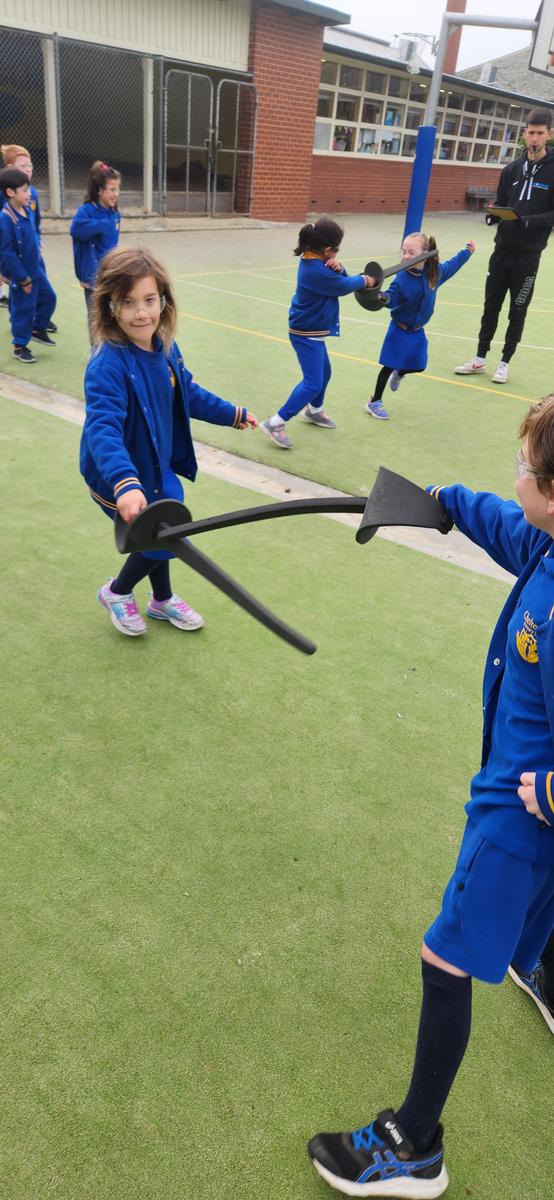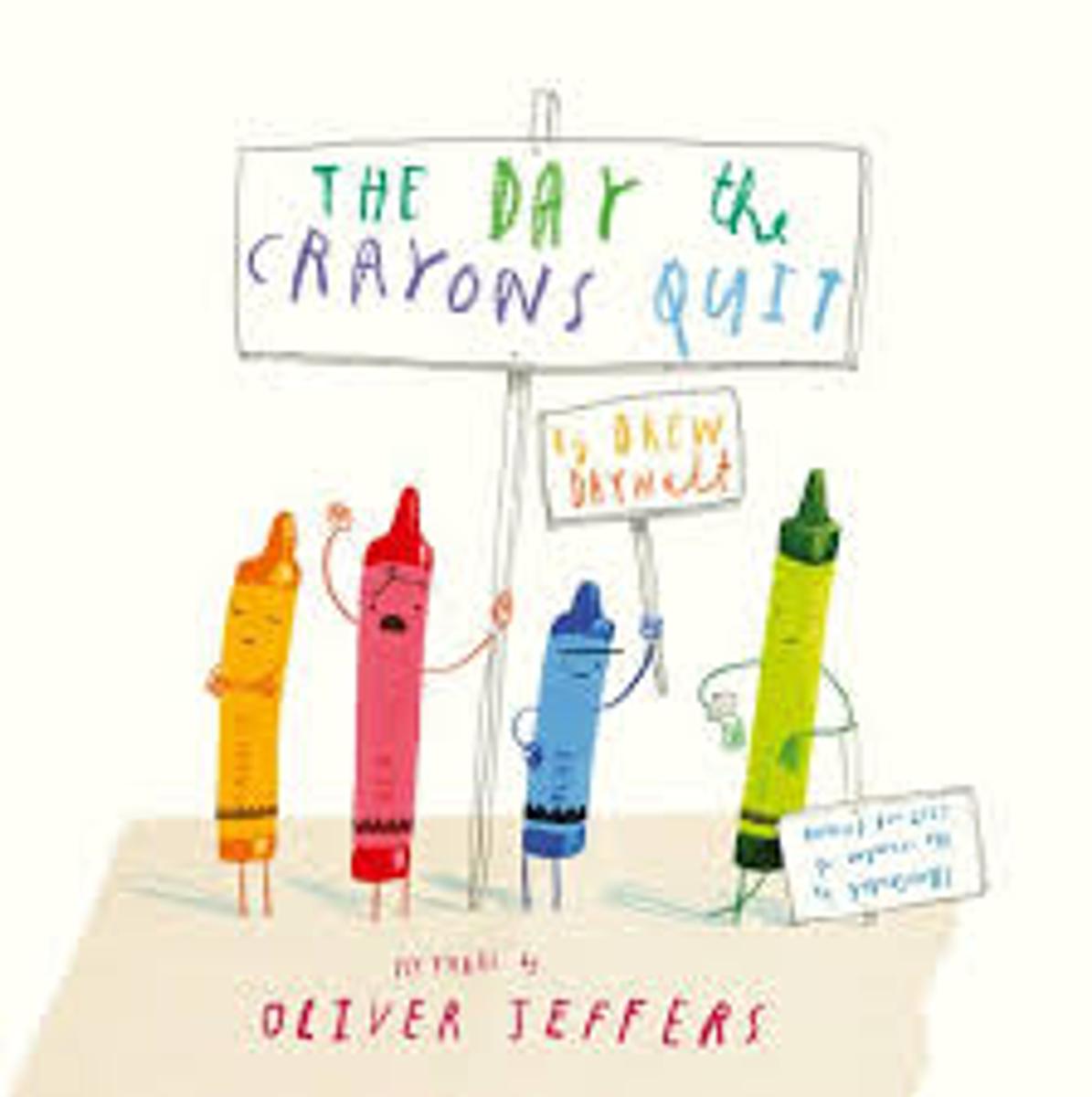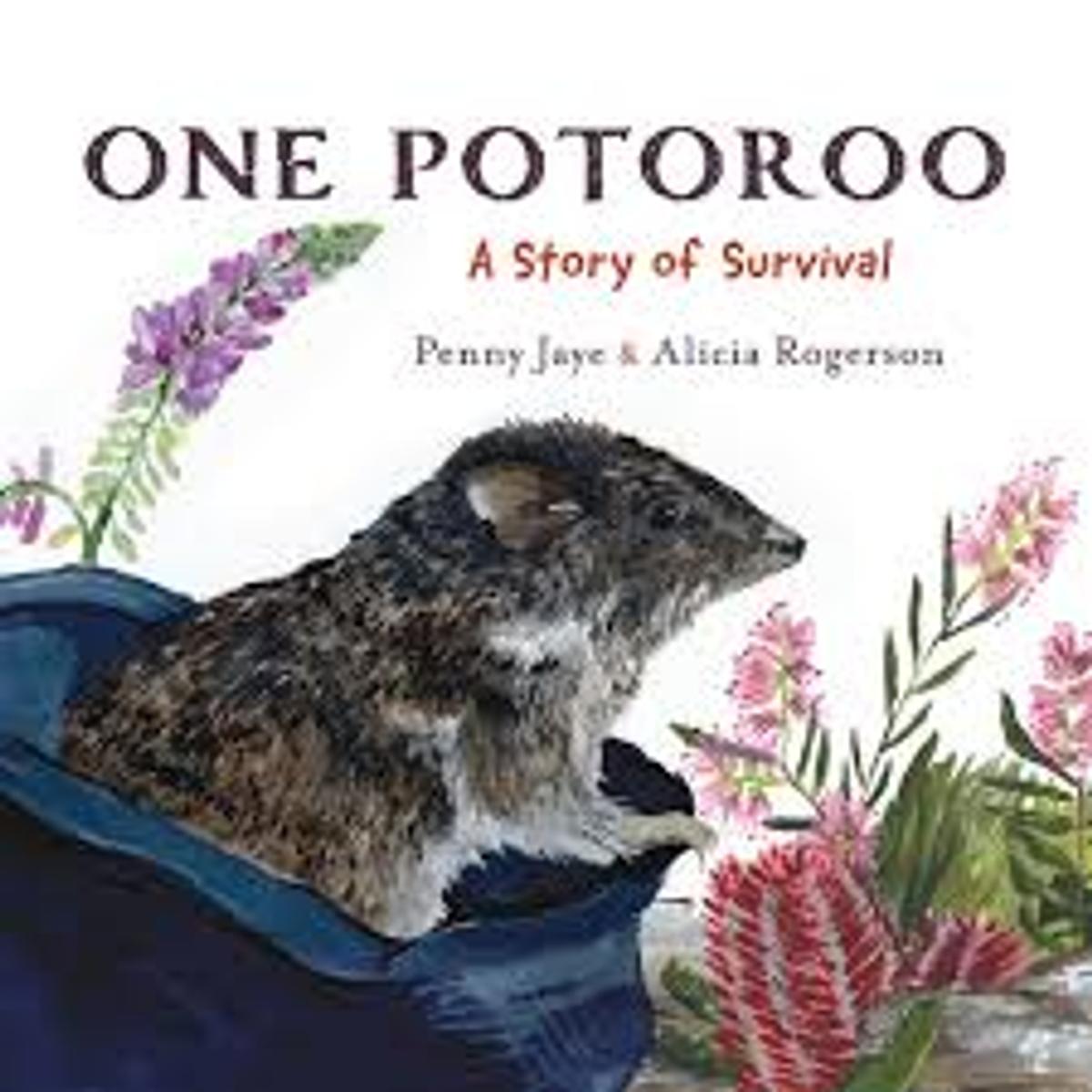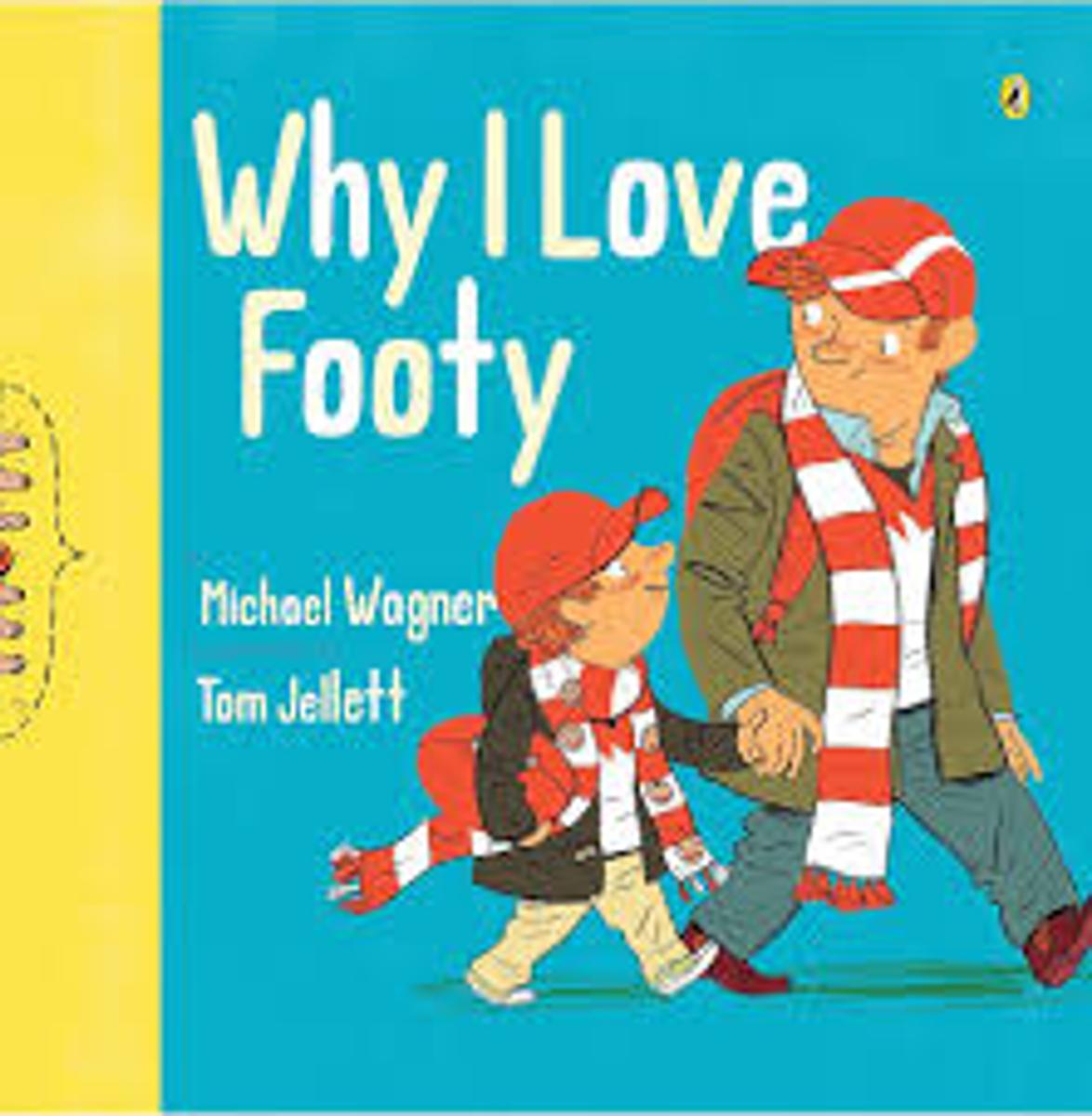Year 1

Hello Year 1 Families,
Welcome back! It’s wonderful to see all the students refreshed, excited, and ready to share their spring holiday adventures.
In Term 3, we dove into the excitement of the Olympics! We began by asking what the students wanted to learn, and many were curious to know what the Olympics were all about. Over the course of the unit, they became true Olympics experts, enthusiastically cheering on the athletes in Paris. They learned that the spirit of the Olympics isn’t just about winning, but about trying your best and the coming together of different nations from around the world.
Our young Olympians had a blast with various activities, including a special morning of competing in different Olympic sports, researching a country and an Olympic sport of their choice, and exploring the incredible world of the Paralympics and its inspiring athletes. Other standout moments of the term included the ever-popular Book Week Parade, the STEAM Expo, the school disco, and our Footy Parade!
As we head into Term 4, get ready for more excitement! This term is all about Australian animals. The students will be going on an adventure to Moonlit Sanctuary, where they’ll get up close and personal with some amazing wildlife. Plus, we have a special wildlife incursion planned!
A quick reminder: Library sessions for all Year 1 classes will now be held on Mondays.
We’re looking forward to an action-packed term ahead!
Daily reading at home
The ‘Resilience Diary’ will be used to track nightly reading. Please record the book title and your initials each time they read and return to school in the pouch on a daily basis. The diaries will be sighted by your classroom teacher every Friday. Developing reading fluency is vital for comprehension. Reading fluently involves 4 different skills or components:
- Expression- The way we use our voices to say the words can be as important to meaning as the words themselves.
- Accuracy- Reading exactly what is on the page and not guessing words.
- Rate- Increasing the speed of reading enables meaning to be gained for both the reader and audience.
- Smoothness- Reading in long meaningful phrases and using punctuation to break the reading is vital for comprehension of the text.
The take home books are designed to be easy for students to decode and therefore allow them to focus on these fluency skills. As the term progresses, we will gain a greater insight into what level best suits your child’s reading ability and their take home books will be adjusted accordingly. If your child is unable to swap their take home book, they may access the ‘Decodable Reading’ books online. Their log in details are in the inside page of their diaries.
Reader’s Workshop
In our classroom program, students will enhance their reading skills by exploring various high-quality mentor texts, including One Potoroo: A Story of Survival and Miss Lily's Fabulous Pink Feather Boa, as well as a range of short informational texts about Australian animals. These texts will support students in further developing their understanding of verbs, adjectives, and nouns. They will continue to learn about non-fiction texts and their characteristics, such as headings, diagrams, and factual information.
Additionally, students will be introduced to persuasive texts and delve into discussions about their features. We will use Michael Wagner’s picture books, such as Why I Love Summer and Why I Love Football, as mentor texts to guide students in writing their own pieces about their favourite things.
Reader of the Day
In Term 4, students will be participating in "Reader of the Day." Each student will be required to read a short book of around 20 pages to the class. The book should take no more than 5 minutes to read aloud. Please ensure your child practices reading their chosen book before their assigned day. They should be comfortable with the text and not struggling to decode the words.
Additionally, we ask that they prepare 2-3 questions to ask the class about the book. Your class teacher has already sent home a roster with each student’s assigned day and has demonstrated to the students what is expected.
Writing - Six Plus One Traits of Writing
The 6+1 Traits of Writing program is designed to help students become better writers by focusing on seven key traits: Voice, Ideas, Presentation, Conventions, Organisation, Word Choice, and Sentence Fluency.
This term, students will study non-fiction texts and practise their planning and organisation skills by creating their own informational text about an Australian animal. They will also continue to work on writing conventions (such as capital letters and full stops), sentence types (simple and compound) and word choice (including verbs, adjectives, and adverbs). The students will continue to work on building their skills to draft, edit, and publish short imaginative stories.
Phonics and Spelling
This term, we will build on previously taught sounds and the letters we use to record them. Specifically, we will focus on:
- ‘ar’ (car, star)
- The letter ‘y’ making the ‘i’ and ‘e’ sounds ( cry, fluffy)
- igh (flight)
- ie (tie)
- oa (boat)
- or (snort)
- ir (bird)
- ur (turn)
- er (fern)
Students will also continue to learn high-frequency words commonly used in writing but not spelled phonetically. For example, the word ‘you’ sounds like y-oo, but it is spelled ‘y-o-u’. Students will be tested on these words each term. Those requiring additional support will be sent home with a list of words to learn and simple ideas to assist with this learning.
Numeracy
This term, we will continue focusing on place value for numbers up to 120 and reinforce the concepts we’ve learned throughout the year. Students will also explore shape transformations and data interpretation. Specifically, they will:
- Recognise and describe one-half as one of two equal parts of a whole.
- Investigate and describe number patterns created by skip counting.
- Explore how one-step slides and flips work, both with and without digital tools.
- Understand the concept of halves using simple shapes in everyday situations (fractions of a whole).
- Divide collections into equal halves (fractions of collections).
- Interpret data from simple graphs to identify key pieces of information.
- Use the BAR Model for problem-solving.
Each week, we’ll feature a ‘Maths Game of the Week’ in class, and a copy of the game will be sent home in your child’s black folder every Friday. For additional practice, students can access the Essential Assessment learning platform to complete My Numeracy and Sunset Maths activities. Their log-in details for Essential Assessment are already included in their diaries.
Australian Animals
This term, our students will be exploring the fascinating world of Australian animals! They’ll explore different species, studying their habitats, needs, and unique features. To bring their learning to life, students will team up with a partner to create a paper habitat for their chosen animal. It’s going to be an exciting and hands-on way to understand and appreciate Australia's incredible wildlife!
Important dates to remember:
- 24th October - Wildlife Exposure Incursion
- 1st November- Moonlit Sanctuary Excursion
- 4th November- Pupil Free Day
- 5th November- Melbourne Cup Day
- 7th November- Stop Motion Animation Incursion
- 25th November- Student Free Day
- 16th December- Carols
- 18th December- End of Year Celebration (walking excursion to Southland cinemas TBC)
Remember to refer to the school newsletter and Compass throughout the term for updates. If your child is having a birthday and you would like to bring in treats for the whole class, please check with your classroom teacher regarding allergies.
Kind Regards,
Year 1 Teachers: Andrew Culvenor (1A), Madeline Daniell (1B) and Kim Ng (1C- Team Leader)


















